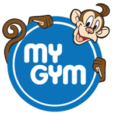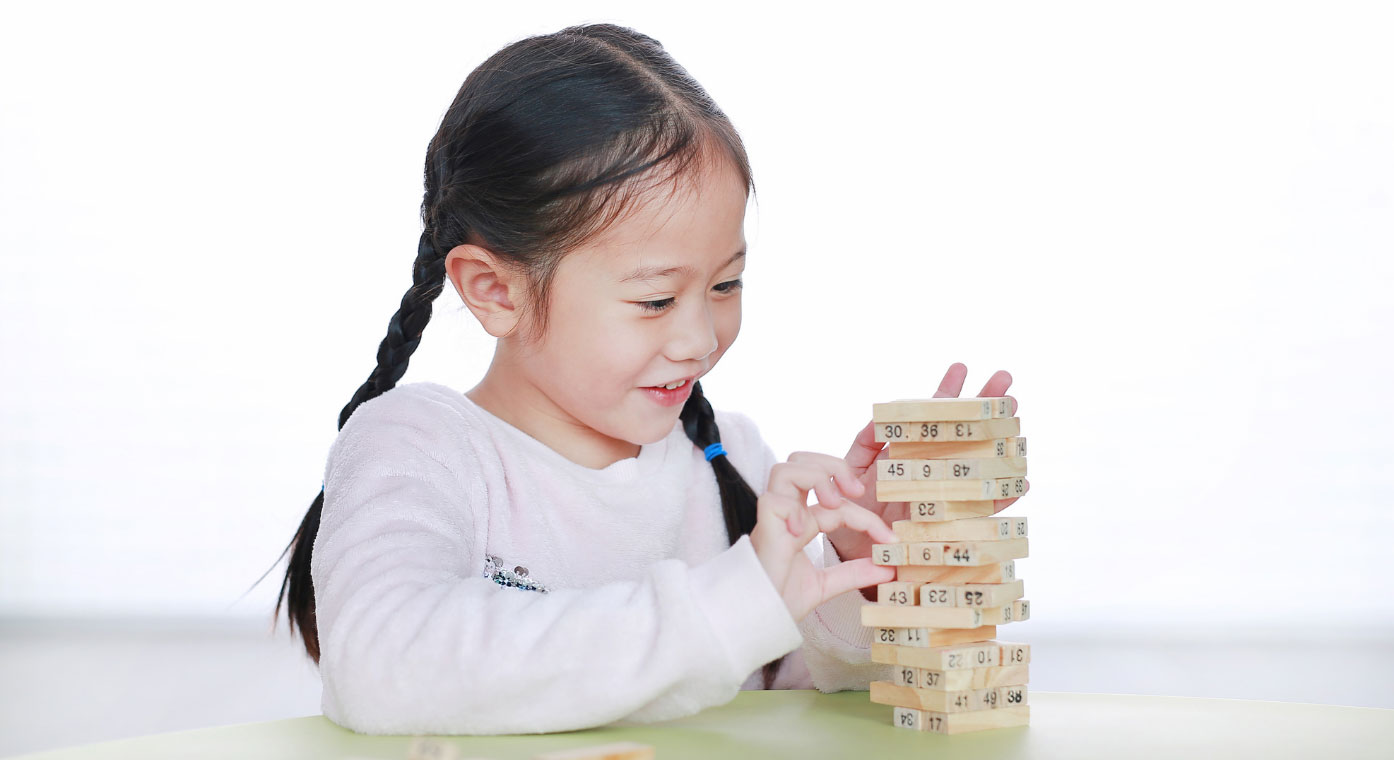Critical Thinking Skills Begin With Questioning
Remember the times when you were little and badgered your parents with questions about almost everything you saw, heard or felt? Your curiosity knew no limits. Unfortunately, this tendency was perhaps discouraged and very often frowned upon. While you may not have realized at that time, this urge to imagine, analyze and evaluate what is experienced now has a phrase that describes the process — It is called critical thinking skill.
Behavioural science tells us that logical thinking skill is among the most important skills a child needs to have to thrive in the modern world. The increasing complexity of situations we confront today, and
the competitive and digitally driven market that awaits your child, demands the ability to think critically.
All parents and schools are strongly advised to nurture and leverage the power of observation and develop the natural ability of a child to be curious about everything. As a matter of fact, they need
to develop programs and the core curriculum with this orientation in mind. They have no choice but
to enable every child to experience critical thinking and develop it as a skill. Period!
Give your child the edge

Logical problem-solving skills clearly give your child the edge she needs to assess and tell what is right from wrong when she is at school and at work. Make correct decisions and solve problems, in a constantly changing environment she will be exposed to in the future.
There are many ways, when you as a parent, can make sure your child has the opportunities to take part in activities that promote and enhance the art of critical thinking. Growing up with an ability to excel at anything she might want to apply her mind to.
Be patient

Positive parenting is an art and needs patience to develop. It is the best thing that can happen to a child. Being exposed to positive parenting early in life, creates a positive and healthy brain that can help protect your child from negative influences that can lead to antisocial behaviours.
Every child loves to question, and the more you encourage them the more adept they become at asking about things and what they mean. Always be patient when your child is in the questioning mode. Every question she asks is an opportunity for her to learn. Use it!
Be ready to admit that you don’t know the answers to some of her questions and show the way of how you could figure it out together. This tells your child that it is OK to say, “I don’t know.” And not to feel awkward or inferior about admitting it. This is integral to learning about critical thinking. It comes with the territory. Demonstrate to her that knowledge is of two kinds — either you can know it or you know where and how to find it. An important life lesson in itself!
Preschool Enrichment Programs encourage your child that she can learn from others is also a genuine lesson which makes your child understand that she can trust information acquired from elders. It lays a foundation for a mature process of knowledge acquisition.
Don’t stop at just encouraging your child to question. Cross questioning her will enable your child to dive into her own mind and find out more about her thinking and about her own views. A lot can be learnt when we move from the “what” and “when”, and begin to ask about the “why” and the “how”!
Playing is learning

As a toddler and a young child, playtime is important. Engage and involve your child by playing with colours, indulging in a game with caregivers or with friends. Even working out puzzles alone, or participating in a game of riddles and board games. Preschool Enrichment Programs help a child to navigate, experiment and learn. This is also the best way to improve her IQ as well as her emotional quotient.
Child Development Programs help children develop and discover critical thinking skill sets that might be impossible to learn through theory alone. When at home, motivate your child to solve problems and listen to her when she comes up with a solution. The child gets a boost in her confidence levels when she learns that her opinions and solutions matter and there is someone who always listens to her.
This is a big step in reinforcing critical thinking capability and helping a child build up decision making qualities. And for building the critical factor called trust. Going through this process on your own, helps you gain a deeper insight into your child’s mind: the way she thinks, processes information, how she reacts to new experiences and to understand the depth of her feelings.
Remember, it is quite natural for a child to be fearful when trying out new activities. Which is why it is important to let her realize very early in life that you are there to help. Initiating her into believing this as a fact is necessary. When you make play a fun activity, it helps your child pick up crucial life lessons like team-work, patience, leadership, and creativity by default.
Make reading a daily habit

Parents and caregivers are in an ideal position to ensure reading becomes a key part in a child’s daily routine. Without having to stress the point, it benefits a child’s education, social and cognitive development, her wellbeing and mental health.
The more a child is read to or reads on her own, the more effective will be the connections she makes with herself and with the world around her. By undergoing precisely designed Child Development Programs, your child becomes more aware, learns more words, begins to understand situations and deal with her own emotions, and learns fascinating stories and interesting facts about the characters in them. Her brain helps capture useful information and carries it forward as learning.
Reading is a very fundamental learning and evaluation process that helps children analyze, depict the situation of the story and understand the difference between the good and the bad.
Involve your child in physical activity

The human brain develops real fast. Meaning, that by the time your child is 2 years old, her brain would have already grown to roughly 75% of its total adult size. Which is why it is essential to involve toddlers and young children in physical exercise.
By starting as early as possible, parents can help their child get into the habit of engaging in physical activities. Building a good habit that can last a lifetime. You will be helping your child create and strengthen the connections between the brain and the nerves.
Child Development Programs are designed to accelerate brain development and the learning processes. Improve motor skills, increase personal awareness, socialization, problem-solving, and creativity.
Both indoor and outdoor games and activities increase a child’s memory capacity; help in developing gross and fine motor skills, improve strategic thinking and problem-solving skills; and rapidly develop hand-eye coordination. Games like chess for instance, will sharpen your child’s thinking skills and boost memory capacity.
About My Gym
However, it’s very important to go slow at the start and stretch the physical activity program to last as long as an hour each day. Make sure this is achieved under expert supervision. If you like to know more about the ideal physical and preschool enrichment program with a clear focus on early child development in Singapore, then My Gym is the place for you.
My Gym keeps enrichment classes for toddlers fresh, engaging and entertaining. Focusing on creating unique, fun to participate learning experiences that make play and learning that much more fun, and that much more effective.



